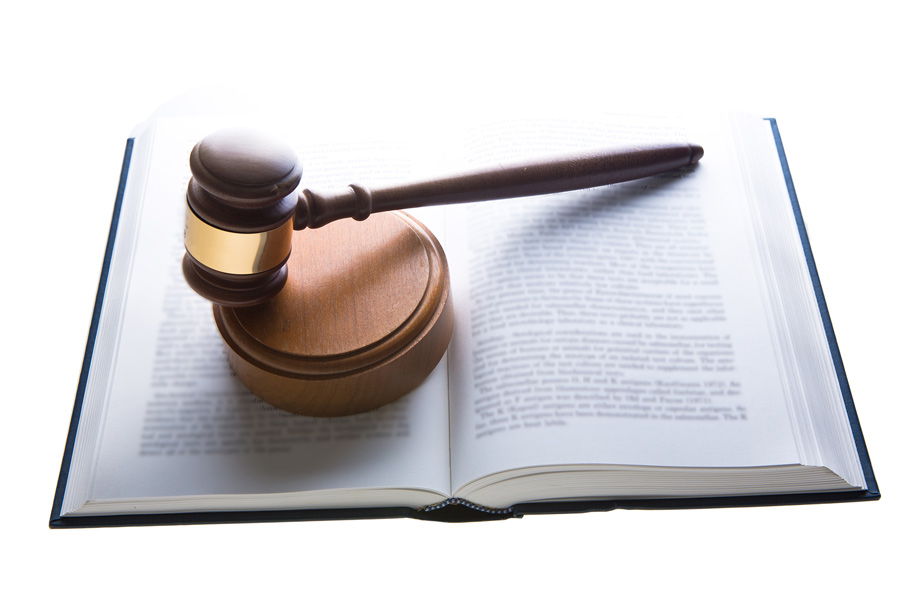Kathryn Knott, dressed in a light-blue sweater and black pants, wept silently last Friday as the “guilty” verdicts started coming.
After four days of testimony and three days of jury deliberations, the 25-year-old Southampton woman was convicted of simple assault, conspiracy to commit simple assault and two counts of reckless endangerment in connection with the September 2014 attack on gay couple Zachary Hesse and Andrew Haught.
The jury acquitted her of two counts of aggravated assault and two counts of conspiracy to commit aggravated assault — which are all felonies — as well as one count of simple assault and one count of conspiracy to commit simple assault.
Her convictions are all are second-degree misdemeanors, each of which carries a penalty of up to two years in prison and up to a $5,000 fine.
Knott will come before Judge Roxanne Covington Feb. 8 for sentencing. She remains free on bail until then.
Assistant District Attorney Mike Barry, the lead prosecutor on the case, told PGN this week that he hasn’t determined what his sentencing recommendation will be.
Prosecutors said Knott was part of a group that physically and verbally attacked Haught and Hesse at 16th and Chancellor streets Sept. 11, 2014. The melee started, they said, when Kevin Harrigan, a friend of Knott, made a derogatory comment about the men being a couple. Harrigan and co-defendant Philip Williams accepted plea deals this fall and will receive no jail time; Knott rejected a similar plea deal and instead took the case to trial.
More than 20 witnesses took the stand during the trial, including both victims, who testified that Knott punched Hesse in the face during the incident. Three of Knott’s convictions regarded her interaction with Hesse and one with Haught.
Knott herself also took the stand, a move that many court watchers contended did not go well for the defendant.
Barry said he wasn’t certain whether Knott would testify until she took the stand.
“You never know whether the defendant will testify or not, so it was just guesswork,” he said.
Barry noted that Knott sat through several days of testimony before she testified, an advantage he said the victims and other prosecution witnesses didn’t have.
“As an observer, I thought it was relevant that she had the opportunity to look at all the evidence before taking the stand. It’s only fair but I think it does affect her credibility, as opposed to Zach and Andrew or independent witnesses who gave their statements blind, right after the event,” he said. “She got to watch all this evidence and testimony; as I said in my closing, she got to see [friend] Taylor Peltzer testify, and I think she saw it was clear that her testimony didn’t go very well, so she then started saying Taylor wasn’t hit.”
Peltzer contended on the stand that Haught hit her in the face, prompting Williams to attack him and necessitating dental work; she acknowledged on cross-examination that the dental procedure could have been related to a cavity. When Knott took the stand, she said Haught pushed Peltzer’s hand and did not hit her.
Barry questioned Knott extensively about her history of antigay tweets. She testified that it was OK to use the word “gay” to mean “lame” and acknowledged using the word “dyke” to refer to a bad haircut.
“Her answers didn’t back up what the tweets said in any way, shape or form,” Barry said. “I think she was in a tough situation and I don’t know if there really could have been a good explanation for the tweets; she could have said something more innocuous or could have owned them a little bit more, which is certainly what the jurors said afterwards. Her explanations sort of fell short and I think she maybe sounded a little tone-deaf to somebody who would be more interested in the actual meaning behind those words.”
After the verdict, several jurors spoke to reporters and indicated that 10 of the 12 were ready to convict Knott of all charges she faced, but compromised to avoid a hung jury.
Barry said that, while there has been extensive media coverage of the case, he believes the jury was fair and impartial.
“The key is that jury selection is handled correctly,” he said. “It’s not to find people who never heard of the case, but people who have and who are willing to still be fair and I think we found that type of jury.”
Knott’s fate will now be decided by Covington.
Barry said he will work with the victims next month to determine a sentencing recommendation.
“This is the type of thing that will take some time. I want to give Zach and Andrew some time to have the holidays and get some rest from this and then we’ll have some meaningful discussions,” he said. “I would say I’m mindful that this isn’t your average simple assault; there’s more to this in the amount of stress and anguish the victims were put through, as the result of Kathryn Knott’s decision to go to trial. It affected many other people than just her.”
Barry said he’s hopeful that the case, and the convictions, will help advance the effort to add sexual orientation and gender identity to the state’s hate-crimes law.
“They would’ve been facing an extra charge here if we had that law. There was nothing about the failure of that law to exist that kept me from being able to call this what it was: a hate crime; she had clear issues in her heart with gay people,” Barry said. “But all people should be protected. It’s crazy that the protections don’t include the LGBT community.”
